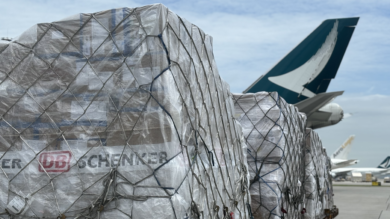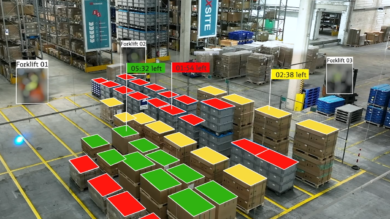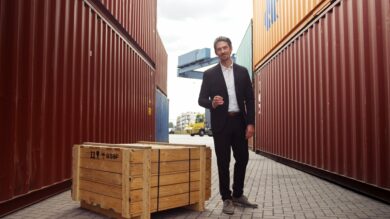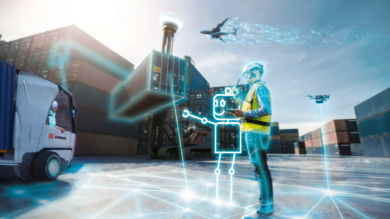Thinking about sustainable alternatives in the land transport business is becoming more important for logistics service providers each day. Is it possible to one day replace the conventional diesel truck? Can we ensure that land transport delivery can operate under sustainable conditions? How can a green last-mile delivery be achieved?
Christian Drenthen, Board Member for Land Transport at DB Schenker, is faced with these questions every day while they test e-mobility in various fields within their land transport business. And the question remains, “How will we developed further?”
Logistics Matters interviewed Christian Drenthen on the general importance of sustainability in land transport, on the challenges to replace diesel trucks, and what he foresees as the future of land transport.

Logistics Matters: “DB Schenker is currently testing e-trucks in different countries and fields of application. Why is it so important to think of alternative possibilities to deliver the goods in land transport?“
Christian Drenthen: “Approximately 33,000 trucks are on the road daily for our land transport business – a large number of trucks, with most of them ejecting CO2. To slow down climate change, think of our environment and future generations; we have to reduce our carbon footprint faster. We have to keep in mind that if we do not change anything in our behavior now, the world will not be the same in some years to come. We have a huge responsibility in the logistics industry to take action for our environment and to find sustainable alternatives in land transport.
Therefore, at DB Schenker, we lean on the United Nation’s sustainable development goals and science-based targets. One crucial part of our sustainability strategy at DB Schenker is ‘clean logistics’, where we defined clear targets: We have to continue to optimize our load factors, network, modernize our fleet, use alternative powertrain technologies, and we have to continue optimizing our networks in the last mile delivery by using cargo bikes and micro hubs.
And we already made good progress:
• We have the most extensive eCanter fleet in Europe.
• We’ve implemented cargo bikes in more than 22 cities.
• And we’ve shown that we can operate carbon-neutral city logistics.
Our latest project in Leipzig, Germany, with our partner Daimler has shown that we can replace a conventional diesel truck with an etruck, the eActros.”
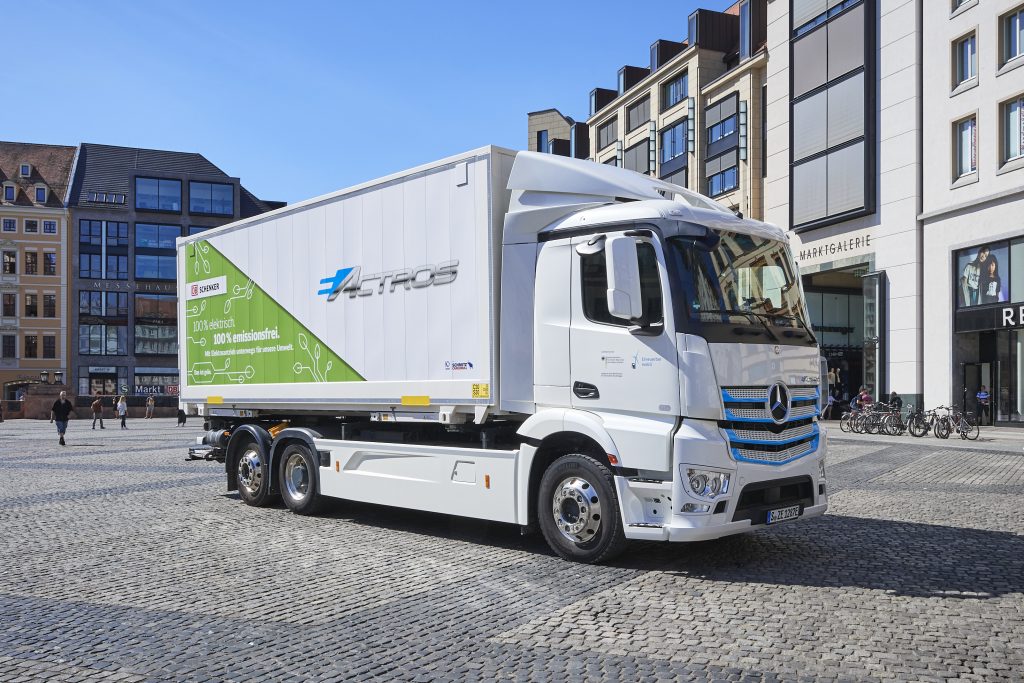
Logistics Matters: “What were your key take-outs from this project? How easy or hard can it be to replace a diesel truck with an etruck? And how scalable is this to a whole fleet?“
Christian Drenthen: “The project ran for 12-months, and it gave us great insights on every aspect that needs to be considered:
There is the infrastructure on our sites that we have to set up, for example, loading an etruck needs a considerable amount of electricity. Additionally, not all our sites have the infrastructure to load an etruck, especially a couple of etrucks at the same time.
Second, the drivers need special training to drive an etruck. So, if we replace the diesel trucks with etrucks, we have to make sure that our drivers are enabled to operate these modes of transport.
And third, there is the accessibility to etrucks. Many etrucks are, for now, just pilot versions that are not produced in series. That’s why we have to be part of these pilot projects to support the automotive industry to develop etrucks that fit our needs. Although we can switch to electric and replace our diesel trucks, we have to be patient and support the development in every way we can! We have to be open-minded to possibilities for new changes and new challenges.
In the next 4-5 years, we will be trialing sustainable solutions, modeling the cost and benefits of those, and focusing on establishing sustainable product offerings, modernizing fleets, and constantly identifying and implementing continuous improvement opportunities. We anticipate setting ourselves up to be ready to seriously ramp up our sustainable solutions most suitable to DB Schenker and sustainably help secure long-term business. It is a long process, and we’ll remain actively engaged. We have to be a role model for the industry.”
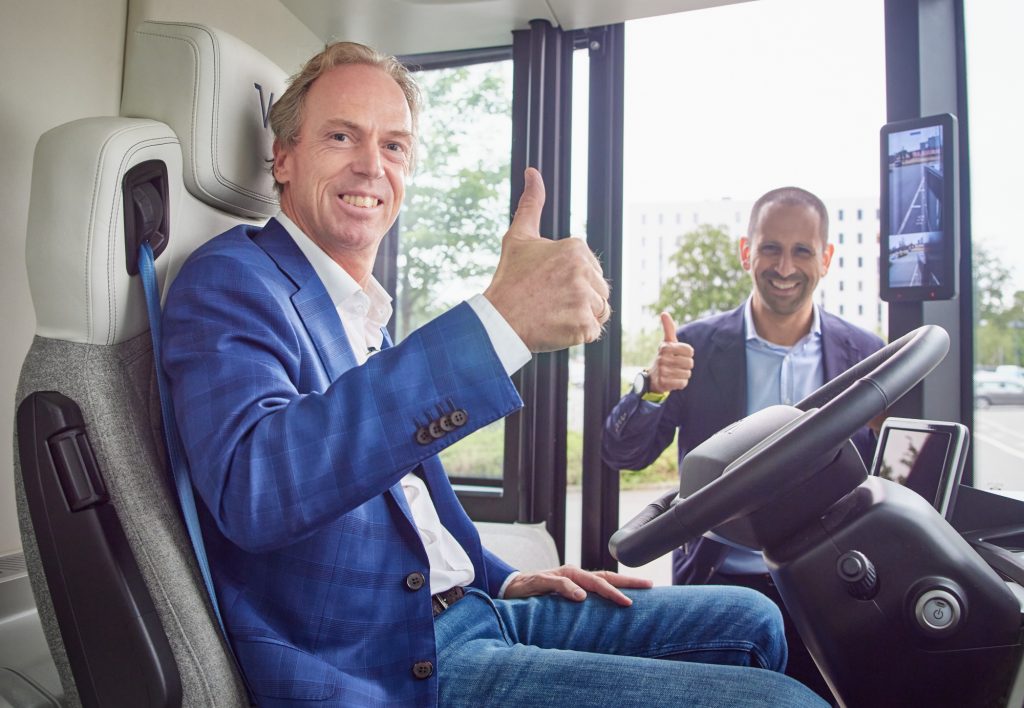
Logistics Matters: “So, what do you wish for the future of land transport?”
Christian Drenthen: “I think the most crucial aspect is that the whole logistic services industry pulls in one direction together. We are all in the same situation, and I am convinced that we need to join forces to develop sustainable alternatives in land transport and sustainable solutions for our environment.
I know it is a tough challenge, considering costs and benefits, the set-up of the infrastructure, or the availability of etrucks, including Battery and Hydrogen technologies. But if we are not 100% committed now, the development will slow down. We must take charge now!
Therefore, I hope that everyone keeps pushing in one direction and helps to protect the environment with sustainable products, sustainable transport solutions, and a change in thinking. We have to move now!”
Published: July 2021





